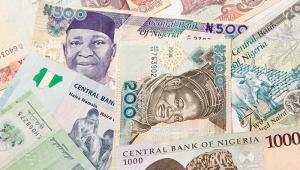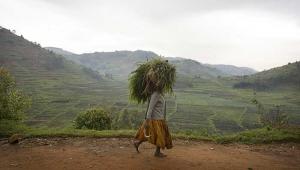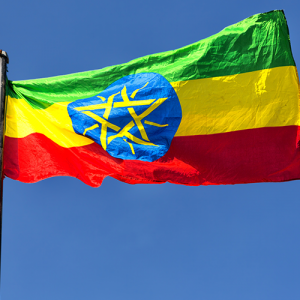Since the start of this month, the government has announced plans to borrow more from abroad and scale back a $1.59bn social protection programme, while the central bank has said it plans to raise $3.02bn from the sale of treasury bills.
Members of Nigeria’s State Council, which advices the country’s executive, endorsed the government’s plan to reverse the recession today.
While they did not outline in extensive terms what that entailed, they highlighted the government’s focus on diversification, especially with regards to the development of the agriculture and solid mineral sectors, the introduction of a flexible foreign exchange policy and job creation initiatives.
Last week, following the publication of second quarter data that confirmed the once-booming economy was officially in recession, finance minister Kemi Adeousun announced a three-year plan to increase the amount of foreign loans from 16% to 40%, and extend the country’s debt maturity profile.
The central bank also plans to raise $3.02bn through the issue of treasury bills until December,.
Adeousun said the country plans to borrow as much as $10bn from the international markets, which would include soft loans, Eurobonds and deals with institutions including the World Bank, China Eximbank, the Development Bank of Japan and the African Development Bank.
The money raised would be spent on power transmission projects, solid mineral development and agriculture, she continued.
“If we rely on oil and the price of oil remains low and the quantity of oil remains low, we can’t grow. We have to grow our non-oil economy.”
A $1.59bn social protection programme, launched in May, seems less of a priority and is reportedly set to be scaled back in light of budgetary constraints.
Maryam Uwais, a special adviser to the president on social investments, said she expected the treasury would not be able to give as much to the fund, which was going to be used to create teaching jobs, deliver a school meals programme and establish a conditional cash transfer scheme.
In May, Nigeria signed a record $30bn budget into law for 2016. It was hoped the increased spending, especially in areas like infrastructure, would stimulate the flagging economy and avert the recession.
But amid low oil prices and insufficient production due to militant attacks on pipelines, the country has struggled to fund the record spending.
So far, $1.2bn of the budget’s capital expenditure has been disbursed, but with the recession now entrenched observers are increasingly losing confidence in the government’s ability to pay for its ambitious plans, and whether it is prudent to increase borrowing.
The budget envisages an $11bn deficit, double that of last year.













